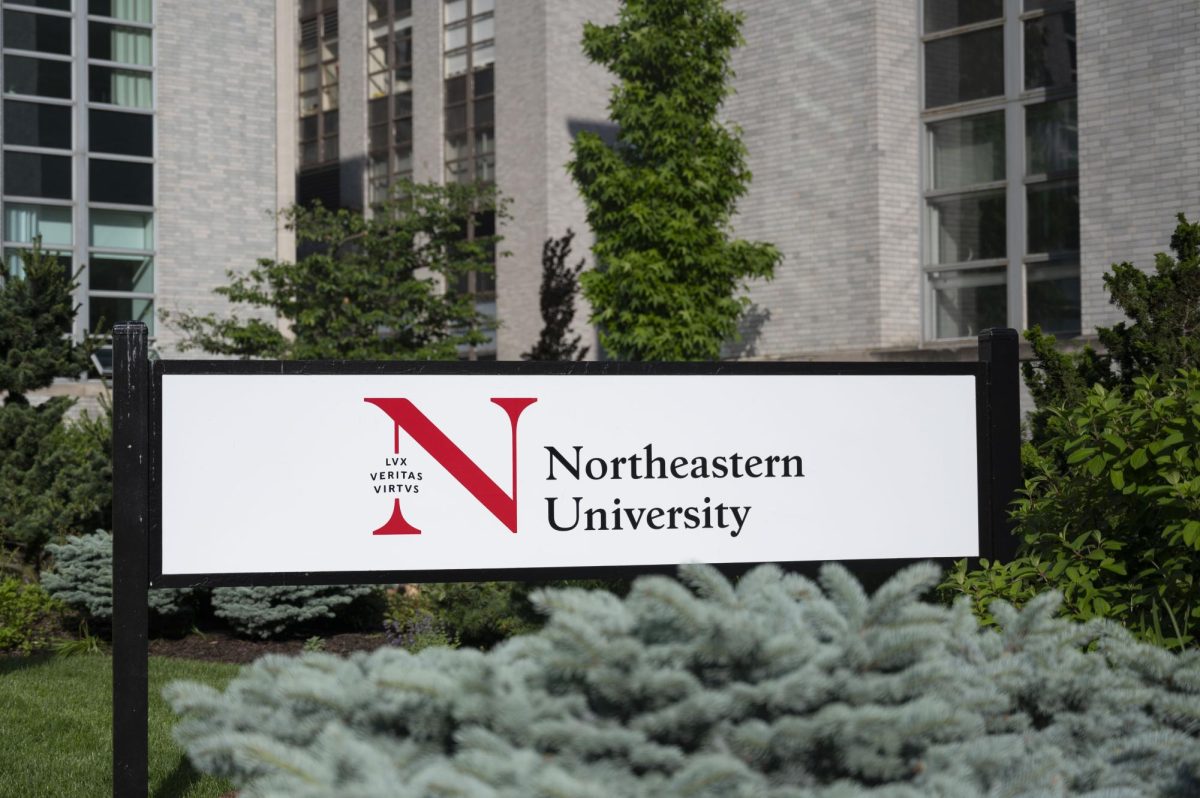By Ryan Menard
Students said they are worried the cost of their education will not stop rising, with next year’s tuition expected to increase approximately 6.1 percent, according to a member of the Committee on Funding Priorities.
“That means that next year it might be a 7.8 percent [increase],” said freshman pharmacy major Sherley Casseus. “Because I’m a freshman, who knows, I could be paying $45,000 a year by the time I get out. I’m not happy about it.”
The 2005-06 budget holds one of the highest tuition increases in the past five years, after last year’s 4.5 percent increase. New and returning students can expect to pay about an extra $825 per semester on next year’s bill to help alleviate the rising cost of health care and utilities, increased financial aid and the construction of new residence halls, according to the CFP member.
Northeastern isn’t alone, as tuition costs at other institutions are on the rise. According to the College Board, www.collegeboard.com, four-year private schools averaged a 6 percent increase for their 2004-05 year. Some students, though, are concerned more about the money’s use than the actual increase.
“I think it’s unfair that we need an increase each year when it doesn’t go to good use,” said Todd Willits, a sophomore music industry major. Willits said the money should be spent on academics, rather than building new residence halls.
Other students, however, said they realize the price tag for their education rising is inevitable.
“It’s just a trend that’s going to happen – if it would be a steady increase I would understand,” said sophomore marketing major Ed Reardon.
Reardon also said although he sees the increase as “obviously not a good thing,” he would advocate the increase if it more directly affected the quality of students’ education.
Other students, like freshman electrical engineering major Justin Schunick, see the budget as beneficial and completely worth the sacrifice.
“That’s double what I pay for my books, so I guess it isn’t that much – and if I can move into a better apartment and have better facilities, it makes sense,” Schunick said. “We’re already paying up the wazoo, so why not?”
Some upperclassmen aren’t as enthusiastic about shelling out the extra money, however, and said they see the extra cost as a burden that doesn’t apply to them.
“[The university] is letting too many people in and they can’t fit them,” said Derik Iverson, a senior business major, referring to the housing situation on campus. “I don’t think they should charge students because the school is letting in too many students.”
Iverson said upperclassmen shouldn’t be responsible for solving problems when it is too late for them to benefit.
Having already taken out extensive loans to pay his tuition, sophomore biology major Danny Khalil said only, “that sucks.”
Echoing calls for a budget that benefits education above all else, Willits said the tuition increase should be handled differently.
“We’re trying to have the highest tuition in Boston but not getting the absolute best education for it,” Willits said.
Interested students can voice their opinions when the budget is presented in the Raytheon Amphitheater on Thursday at 6 p.m.








